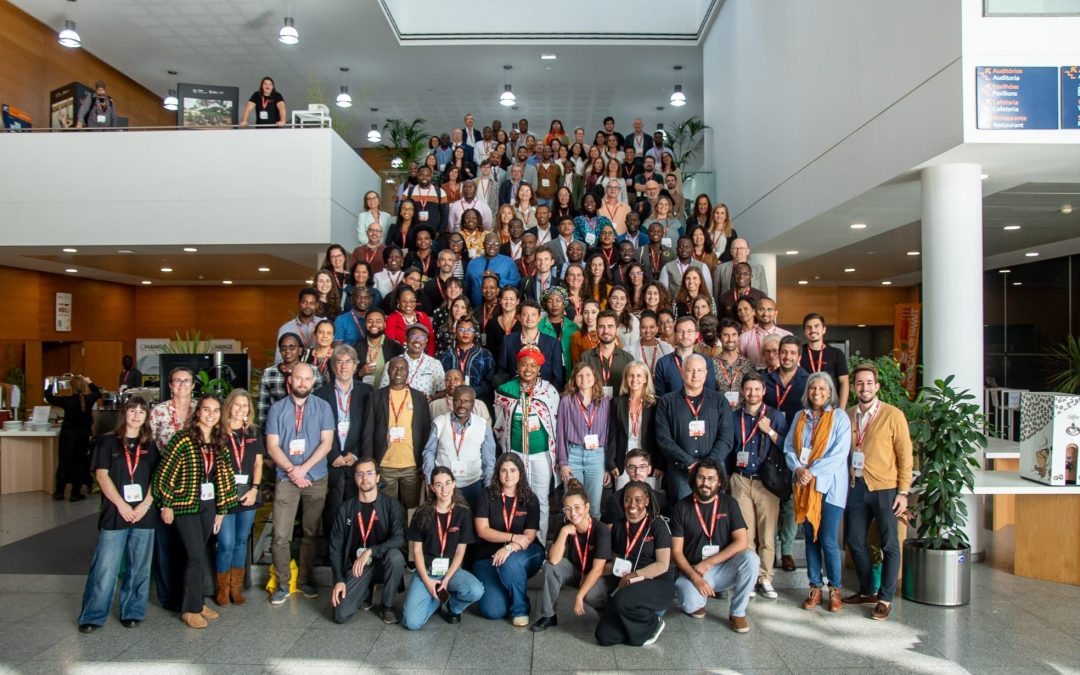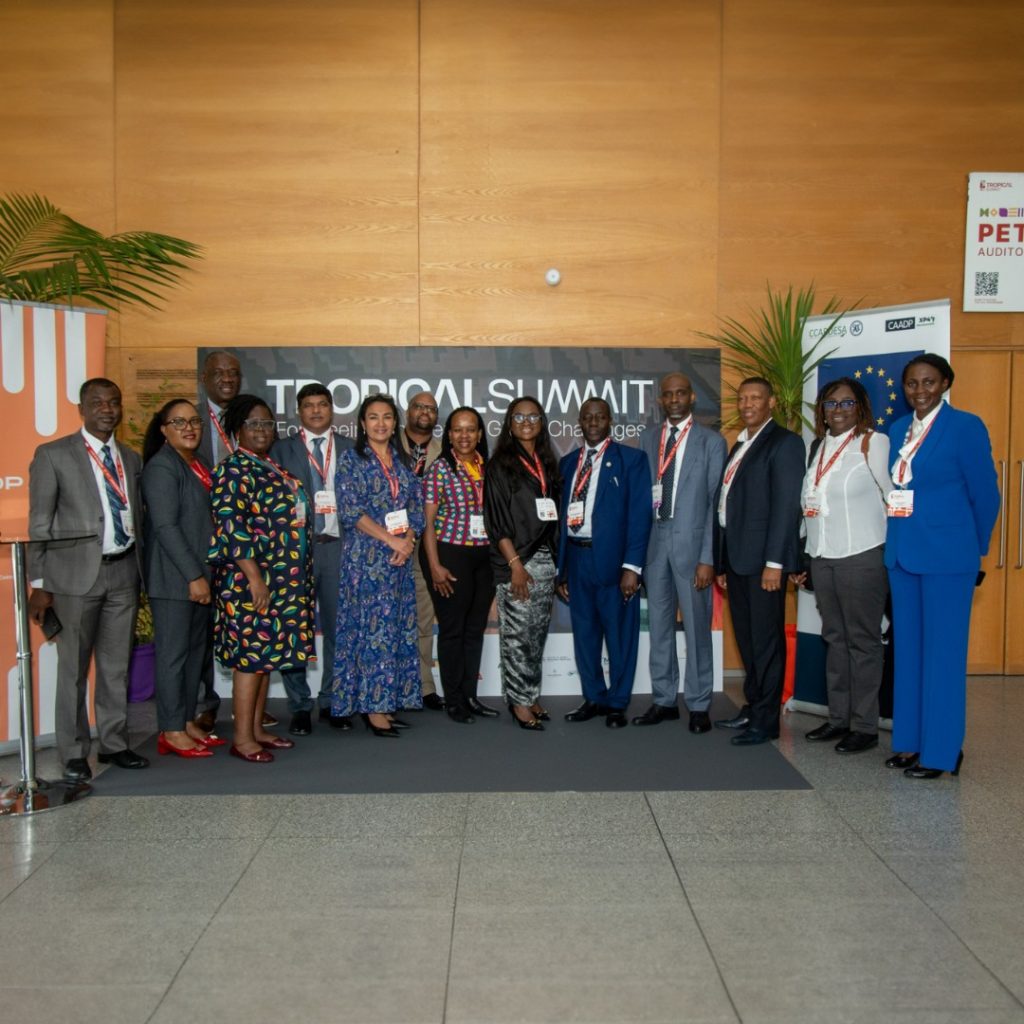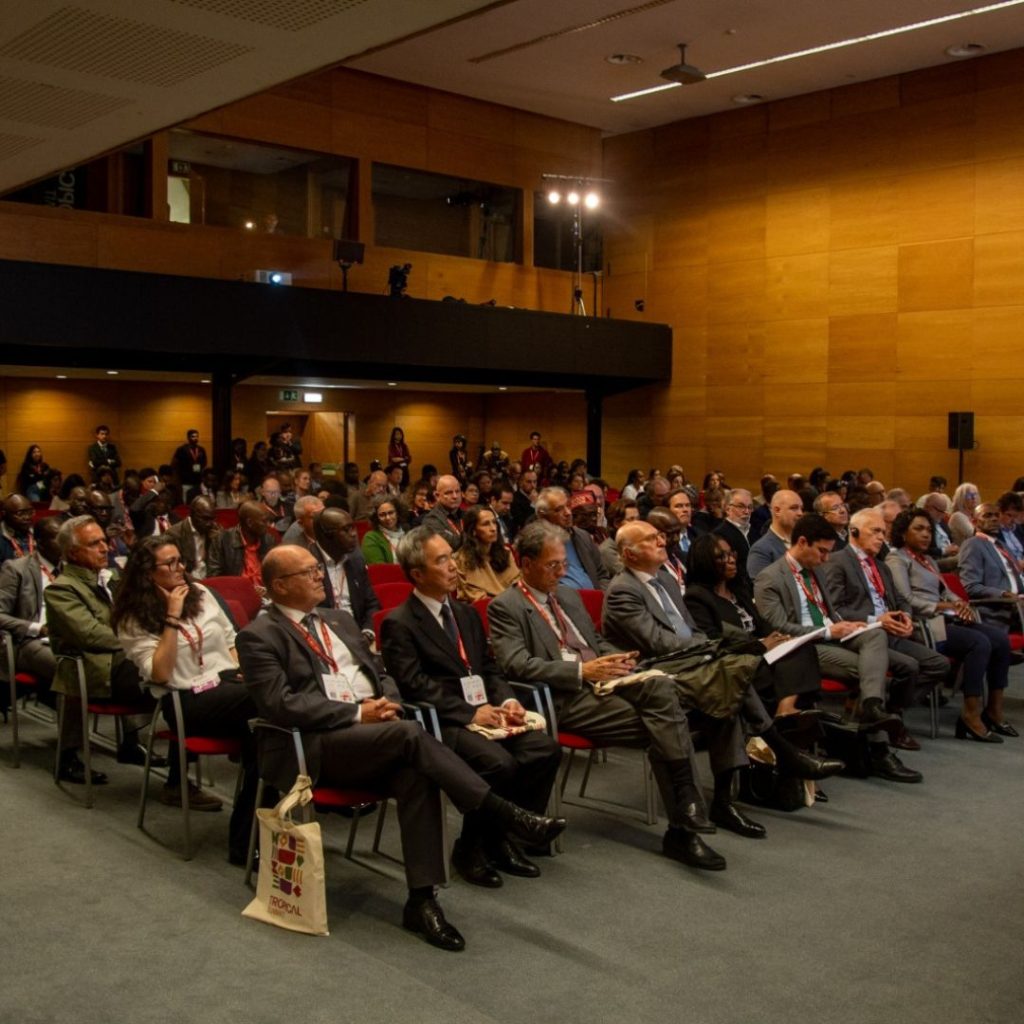Lisbon, November 6, 2024
Building on the momentum of earlier discussions, the Forum for Agricultural Research in Africa (FARA), in collaboration with CORAF, CCARDESA, RUFORUM, JRC-ISPRA, AE-TPP, and IFAD, held a follow-up session on the theme “Reflections on Agroecology as a Pathway to Climate Adaptation and Mitigation” during the ongoing Tropical Summit. Held in a hybrid format, the session brought together high-level stakeholders, including FARA Board Chair Ms. Bongiwe Njobe, Prof. Majaliwa Majalolo of RUFORUM, with expert panelists Alex Awiti (CIFOR-ICRAF), Felix Rembold (EC-JRC), Khamis Fathiya (ICiPE), and Irene Kadzere-Forichi (FiBL). The session was moderated by David Amudavi of Biovision Africa Trust.
In his opening remarks, Prof. Majalolo recognized agroecology’s potential in strengthening the resilience of African food systems amid escalating climate challenges. However, he also highlighted resource limitations and the lack of consensus on agroecology’s comparative advantages over conventional agriculture. According to Majalolo, achieving a food system transformation will require a coalition of diverse stakeholders and a focus on educating future agronomists to adopt agroecological principles.
The expert panellists, each with vast experience in agroecology, delved into several critical issues facing agroecological practice in Africa. Key topics included:
- Challenges in Agroecological Research and Practice: The panellists discussed the difficulties of balancing the interests of policymakers, researchers, and farmers, adapting research and policies to specific local contexts, and the lack of subsidies or compensation for farmers engaged in agroecological practices that support climate change mitigation.
- Technological Advances in Agroecology: Panelists emphasized moving beyond outdated input-driven models and promoting a focus on the socio-ecological aspects of agroecology. They stressed the need to empower farmers to play a central role in transforming agroecosystems and highlighted the multi-functional benefits of agroecology.
- Need for Communication and Dissemination: The session underscored the importance of effectively communicating agroecology’s principles and successes to key stakeholders, including policymakers, farmers, and consumers, to foster broader understanding and support for agroecological practices.
Closing the session, Baitsi Podisi of CCARDESA emphasized the importance of engaging all key players in implementing agroecology. He urged greater collective action to address the varied needs of these stakeholders, ensuring a more integrated and effective approach to agroecological transitions.
FARA and its partners expressed gratitude to all participants and panellists for their valuable contributions to the session, which marked another step forward in defining agroecology’s role in climate adaptation and food system resilience across Africa.



